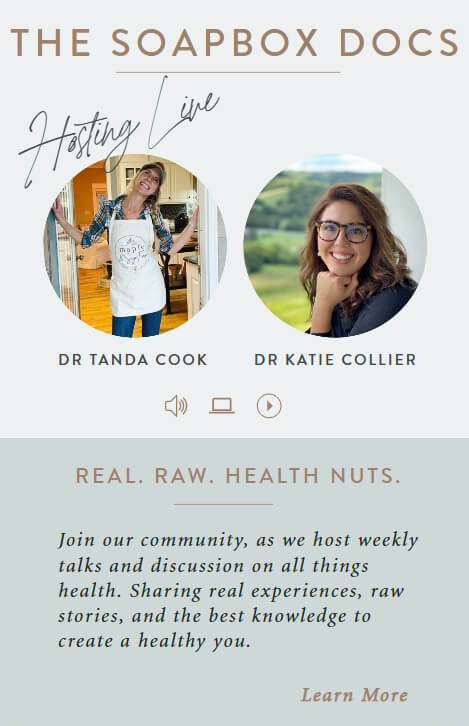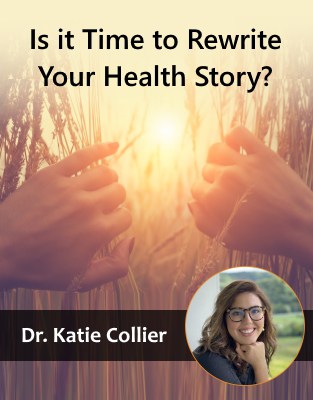“One more cookie, I never eat them, and I’ll work out extra hard this week to make up for it!”
“God, I’m such a fat pig, why didn’t I just eat the cucumber and hummus instead?”
“I want to really enjoy the food tonight when we go out with friends, so I’ll skip lunch to make sure I’m really hungry for dinner”
Does any of this sound familiar?
Maybe it’s something you’ve thought or said out loud, or maybe you’ve heard your mom, aunt, coworker, or best friend say something similar?
It’s not unique to have an emotionally loaded relationship to food, you aren’t alone. I would wager we ALL have an emotional relationship to food. How could we not? We are bombarded with messages about food each and every day, what’s good, what’s bad, how to be healthy, the best diet to lose weight, how our bodies should look and feel and all the promises of a better life if you could only lose that last 10, 20, 100lbs.
I’m no exception to this rule
I’ve had all the relationships you could possibly name with food. I’ve demonized it, I’ve coveted it, I’ve indulged, I’ve restricted, I’ve punished myself and I’ve rewarded myself – all with food. It’s been a source of immense pleasure and immense pain. And because I’ve reclaimed my relationship to food and found REAL freedom and REAL health along the way, I know that it’s possible for you, too.
That’s the good news.
The bad news?
Healing from a lifetime of messaging about food and your body will be an arduous, uncomfortable journey that will have you questioning if it’s worth it, frequently. And I PROMISE the life you will gain in the process is more delicious than any bite of food you’ve ever tasted. It is so incredibly worth it.
Is an Elimination Diet right for you?
In this profession it is usual, if not a rite of passage, for a practitioner to prescribe nearly all patients an elimination diet or some variation of such. Cut out gluten, dairy, sugar, alcohol, soy, processed foods, etc. for X amount of time and watch your health transform. And they would be right. Food IS medicine, and the fastest way to move the needle in the direction of health. You’ll never find me arguing this.
What I will argue is that there is often a lot of leg work to do to rewrite the relationship to food before such a restrictive diet could ever be successful or even healthy for most individuals, because, like I said, most of us have an emotionally challenging relationship to food.
The journey toward food neutrality is not a linear one and is not the same for any two people. Our lives inform our beliefs about food and our bodies and because no two people will ever live the same life, nor will their journey be the same. That being said there is a general guideline I like to follow when helping people find the foods that make them feel their best and the way of eating that best suits their individual health goals. I’ve broken it down into the following three sections:
1. Nourish your relationship to food
- Ditch the trigger foods:
How many of you have heard the term “trigger food”? It’s a food that people avoid because they like it too much. It’s typically the item that people report not allowing in their house for fear of devouring it all in one sitting. The food that “once I start, I can’t stop.”
When we feel out of control with a particular food, our go-to response is to avoid that food at all costs. Don’t buy it, don’t look at it, don’t even think about it.
I say, eat it! Eat it frequently. Have corrective experiences with that food so that it no longer controls you.
Now, this does not give you permission to binge that food every day for the next week, but it does give you permission to eat that food regularly, whenever you want it. Eat a portion, eat it with something else to make it a complete snack, enjoy it, feel satiated, and move on with your day. Notice the guilt or the shame that you may feel, notice how powerful that food is in informing your mood or even the rest of your day. Sit with that and acknowledge that one serving of your favorite food will not make or break you, it is simply food!
- Redefine Health
Our culture is obsessed with dieting and weight loss. We talk about food in terms of whether or not they make us fat or help us lose weight. We obsess about adipose tissue, how much we have of it, how it compares to the adipose tissue of others around us, and what our lives would be like if we lost it all.
Food does a lot of other really amazing, super cool things for our bodies outside of weight gain or loss. That is actually the LEAST important thing food does for you. It provides you with all the nutrients necessary to stay alive, have energy, think clearly, detoxify, and keep you functioning optimally. Food is not something to be feared, but something to be embraced!
When you start paying attention to all the things food gives you, it’s possible to begin to drop the narrative that it’s out to get you. Food is here to help you feel the best you can, what your body looks like aesthetically is not the goal but the byproduct of how you nourish yourself.
- Relearn your hunger and fullness cues
The body has multiple mechanisms that help you know when to eat and when to stop eating. If as a child, you were left to our own devices you would have eaten when you were hungry and stopped when you were full. Unfortunately, most of us lose this ability along the way for a multitude of reasons. This one requires a really individualized approach because it differs for each of us. The good news though is that you can relearn and reregulate the signals your body is giving you around hunger and satiety.
2. How you do anything is how you do everything
Yes, a lot of healing our relationship to food and the body revolve around, well, food and the body. BUT that is just a small piece of what’s really going on.
Your relationship to food is a direct reflection of what is happening in your life. Want to lose 10lbs? Why? What is it that you hope you’ll get from that weight loss? More money, confidence, success, respect, love, better sex? Can you achieve those things without weight loss? Yes. Do we need to look at your life and where those things are missing in order to do so? Yes.
This is the tricky part about food. We want to believe it’s all about food, that if we could just have more will power or more motivation anything is possible. And while that may be true for some people, I don’t think that is the majority of us.
Try on that when you use food as a coping mechanism, or as a way to control your environment, that it may be the environment that needs to be fixed – not the food.
Some examples of how this plays out with food:
- Are you binging on work and so you restrict lunch?
- Are you restricting yourself from having a hard conversation with your partner and so you find yourself filling up on food late at night to help soothe your anxiety?
- Have you ever purged your anger out on your kids and so restrict food to feel more in control?
The food symptoms and the life symptoms are all just that: symptoms. Symptom is defined as a sign of the existence of something, especially of an undesirable situation.
My goal is to help you identify the undesirable situation or belief system that is at the root of the symptoms you’re experiencing, both in your life and with food.
3. Food as medicine
Since I’m in the business of health and my job is to help you feel better, heal disease, and prevent illness, I would be remiss to not mention the POWERHOUSE that is food.
Food is information for the body. It provides us with all of the tools necessary for the body to do the millions of jobs it does every day to at the very least keep us a live and at the very best help us thrive. What we eat matters, where our food comes from matters.
Helping people realize that they don’t have to suffer in the name of health is the most exciting part of my job, and by far the best tasting. I want to get you to a place where you are connected to your body and aware of how it feels when given different information in the form of food. It’s not a matter of good or bad, but a matter of how you FEEL when you eat certain foods.
- Do you have more energy or are you left needing an afternoon nap?
- Are you having skin breakouts?
- Joint pain?
- Headaches?
- IBS?
All of these can be a result of the food you are eating or not eating. I want to hold your hand so that you can land in a place where eating foods that make you feel good does not feel like punishment but is a reflection of the love you have for yourself.
Yes, this may include a gluten free, dairy free diet but not because those foods are demons, but because your health and well-being are worth eating foods that ADD health, not detract.



